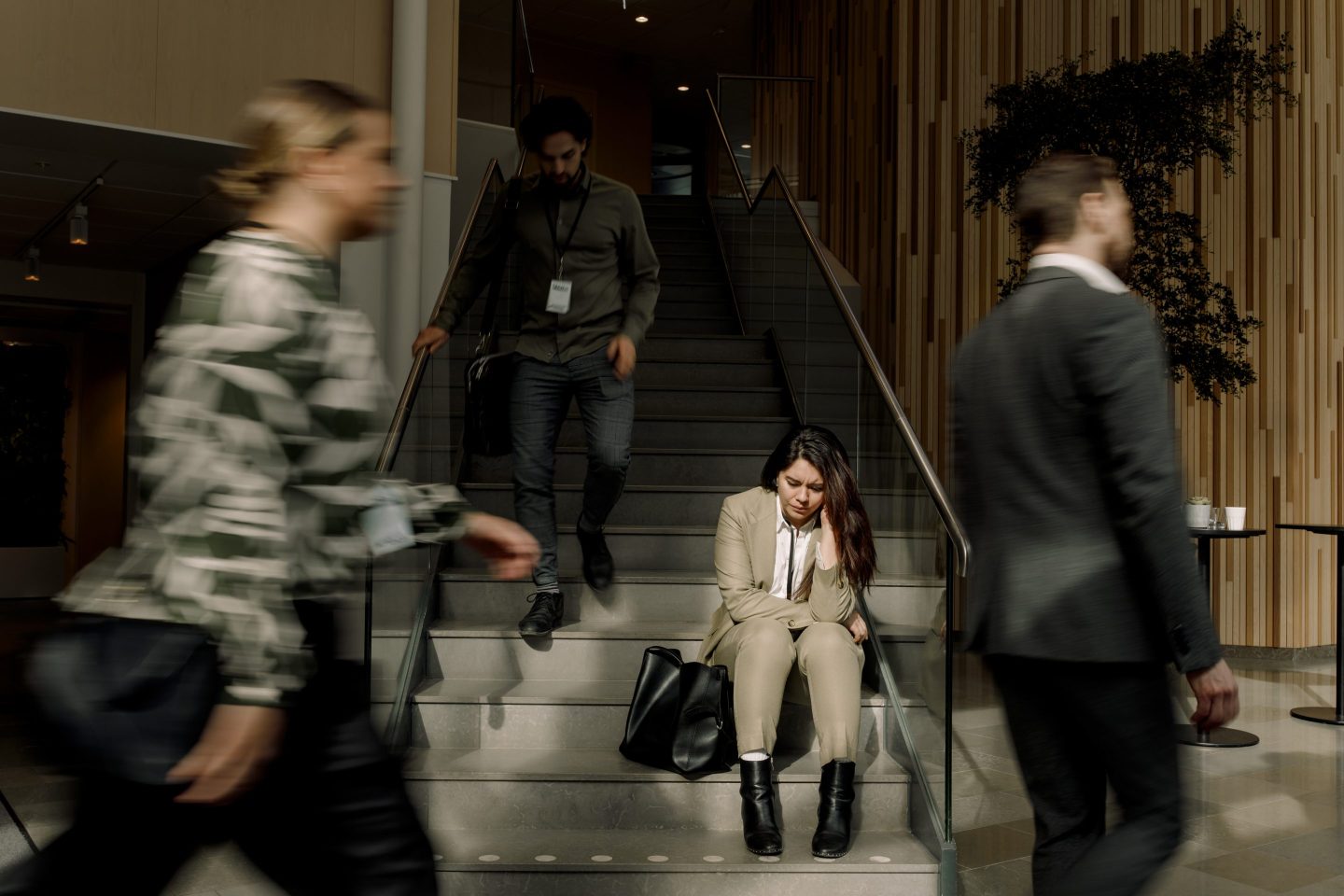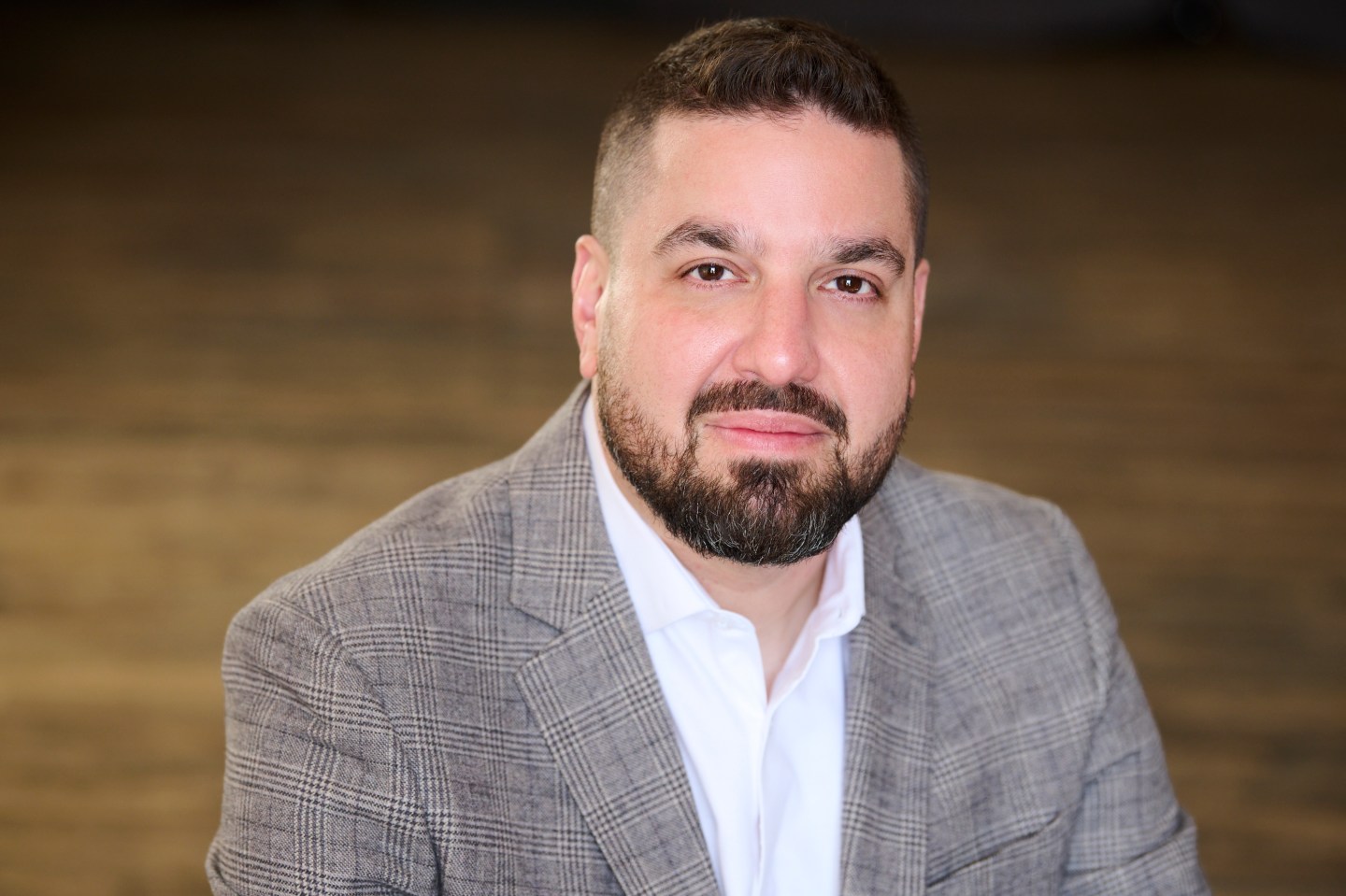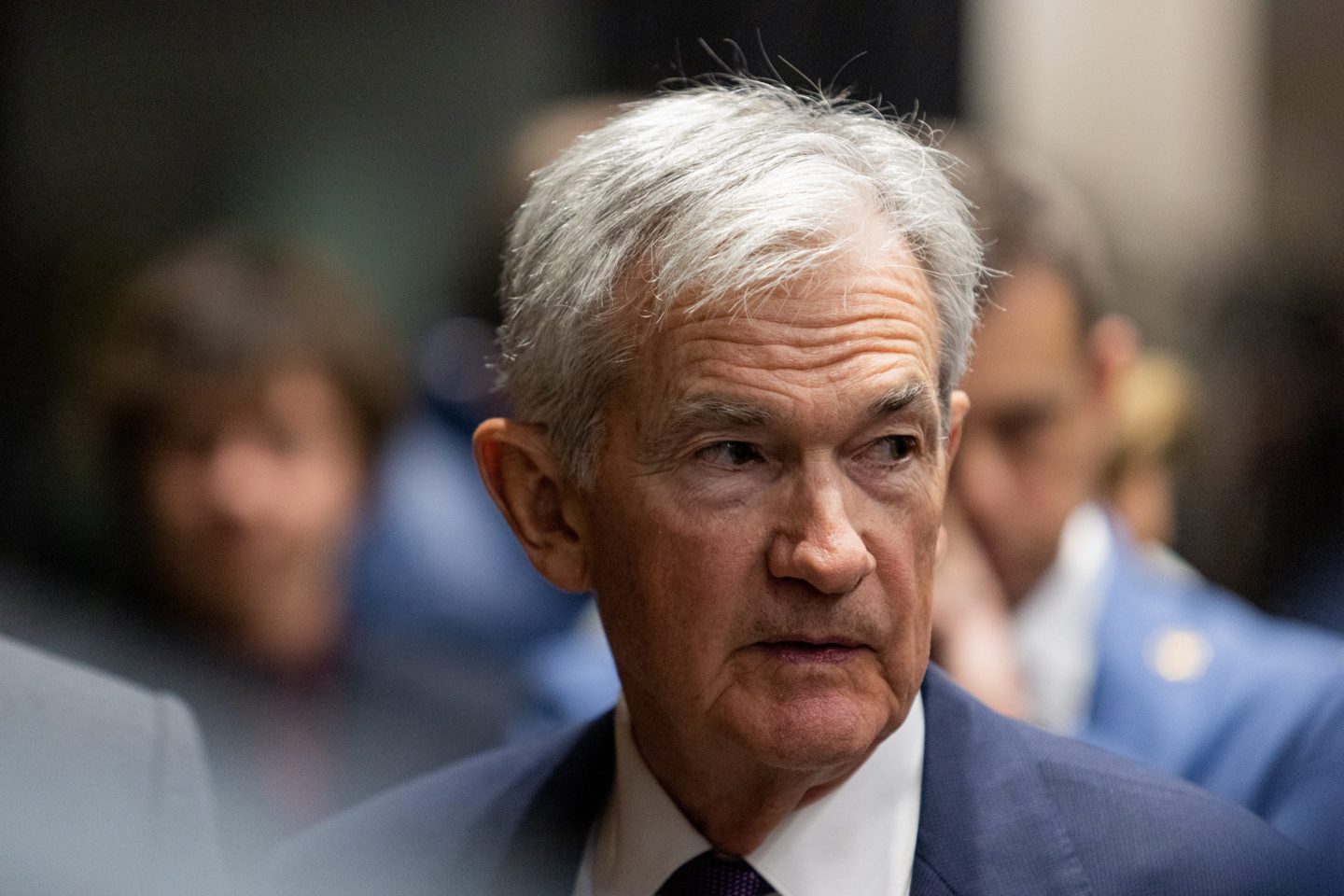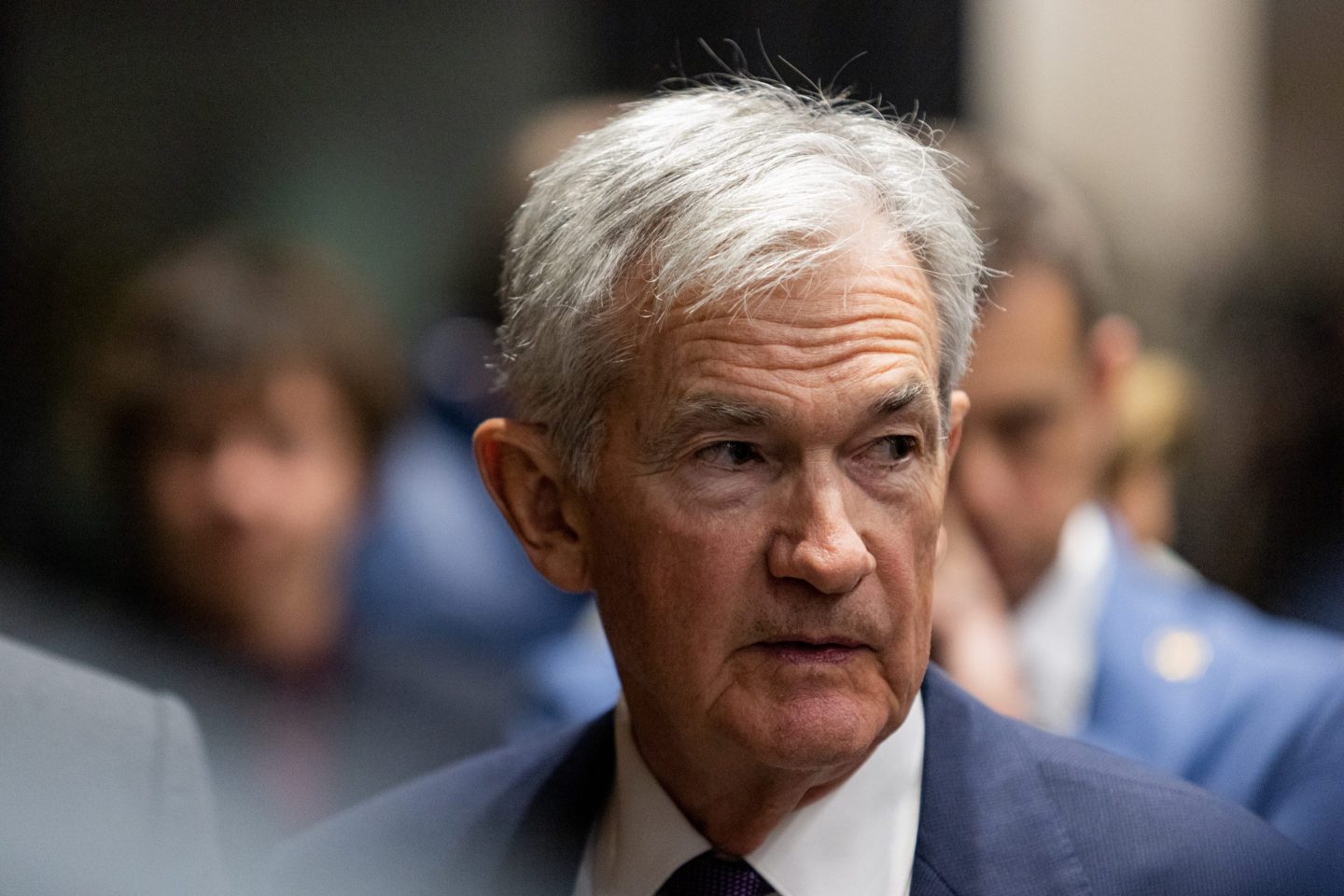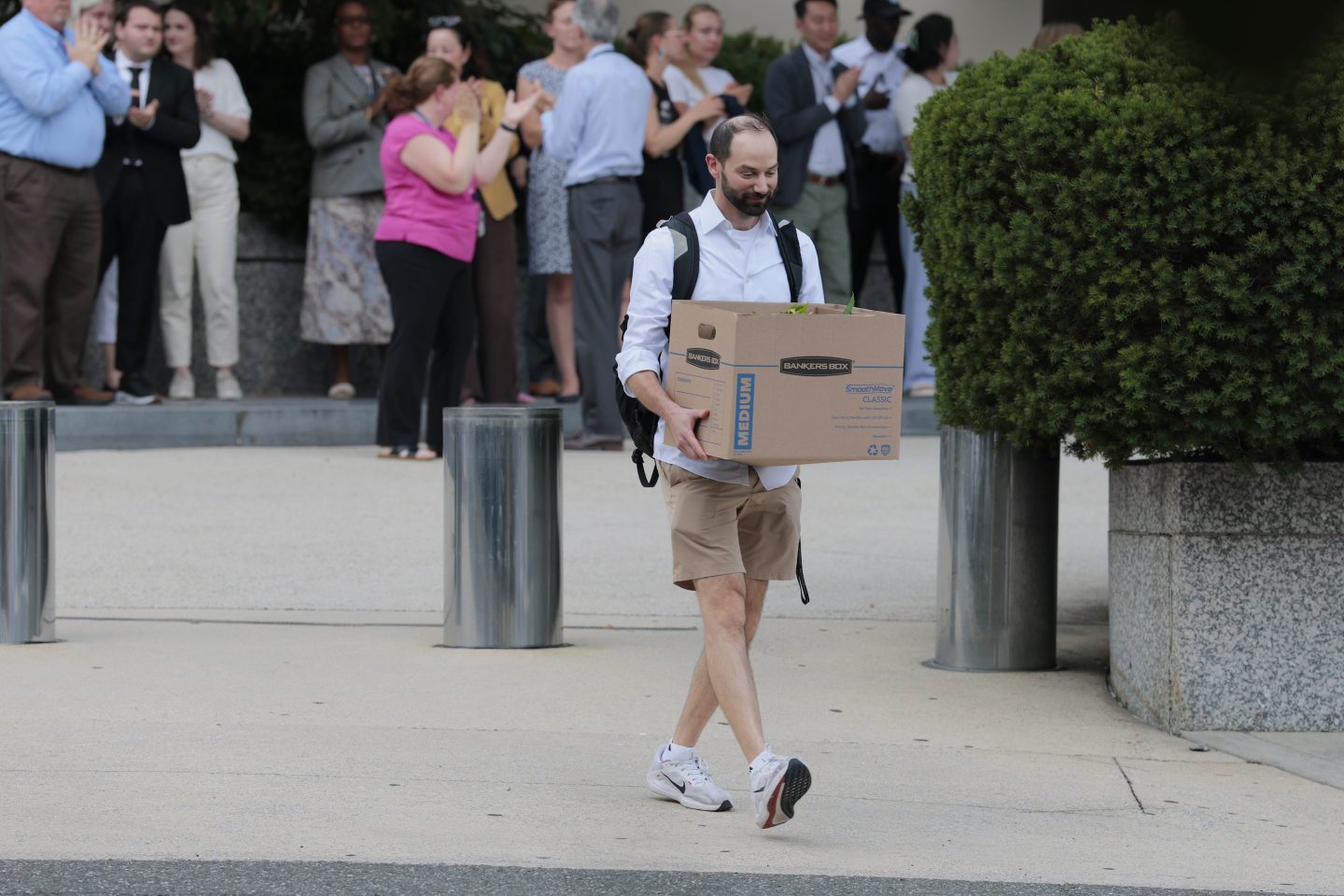On Sunday, a doctor named David Dao was involuntarily and forcibly dragged off of a United Airlines flight in order to allow a United employee to board the plane and make a layover connection. After the video spread through the media on Monday, people were horrified by the airline’s seemingly inhumane treatment of the passenger. The fiasco comes on the heels of another incident in March, in which the relatives of two United employees were prevented from boarding a plane due to wearing leggings, which violates the airline’s dress code for employee travel.
United, however, seems to be doubling down on its response to Sunday’s incident, with CEO Oscar Munoz calling the passenger “disruptive and belligerent” in an email to employees on Monday night. He also defended United employees’ actions in the incident, writing, “Our employees followed established procedures for dealing with situations like this.”
United needs to figure out what went wrong in these two instances, and how it can address such disasters from reoccurring in the future. While the airline has in recent years focused its energy and resources on improving customer service and offering upscale in-flight amenities such as premium Italian coffee, none of these improvements will make much of a difference if it keeps treating its customers so poorly. The company must fundamentally change its approach if it hopes to retain their business going forward.
First, it is crucial for United to reach out to both employees and customers, as they will be the final arbiter regarding the fairness of the airline’s policies and vote with their money and loyalty. It is vital for United to assure employees and customers that such missteps will not occur in the future and outline exactly what changes will be made to ensure this. The airline could, for instance, hold town hall sessions with customers and employees in order to learn more about their grievances with the company and solicit ideas on how to fix them. United should make clear that it intends to be transparent throughout the process in order to decrease the likelihood of such incidents reoccurring.
Second, United must issue a genuine apology for its mistreatment of passengers. Munoz should recognize the mistakes in his initial response and issue a more visible apology through print ads in various high-circulation news outlets. The apology should directly acknowledge United’s poor treatment of customers in these specific instances, make clear how important its customers are, and ensure that it is fully overhauling how employees interact with customers. An olive branch like this can go a long way toward repairing United’s image and slowly reestablishing trust with customers and employees.
Third, the airline should make sure all of its employees are incentivized to follow this new approach. United can accomplish this by tying customer satisfaction scores to manager bonuses, recognizing employees who consistently provide top-notch customer service, and designing training programs that emphasize the primacy of customer experience. Employees should be taught to instinctually say “yes” to a customer’s request, so long as it is logically and financially feasible.
Undertaking such an effort has the potential to seriously improve United’s image down the road. But it is not going to be a quick fix. In the meantime, it’s essential that United focus on getting its initial response right to reassure customers and employees about its commitment to change.
In spite of some of United’s recent gains in customer satisfaction, it still ranks last overall among non-discount major carriers. While these changes would be welcome improvements, they’re just the initial steps in a lengthy journey the airline must undertake to rebuild its reputation.
Charles Lindsey is an associate professor of marketing at the University at Buffalo School of Management.

